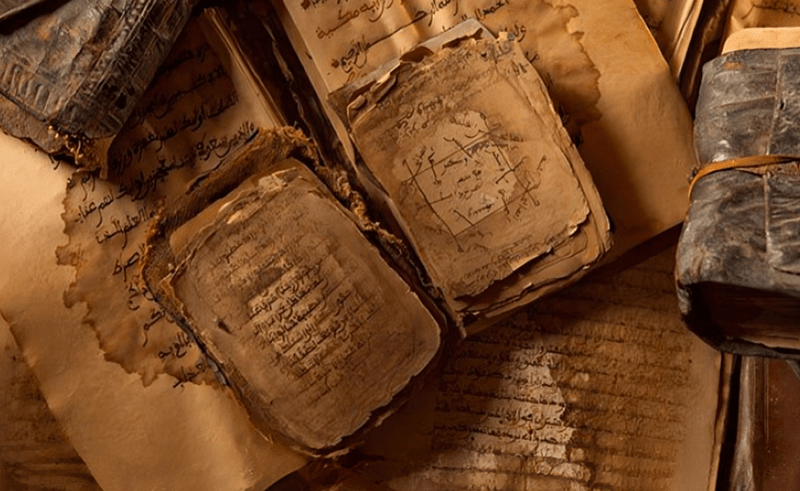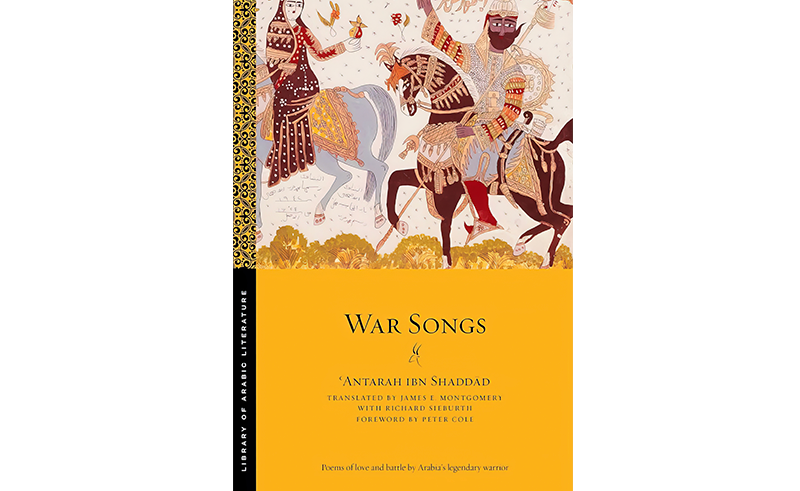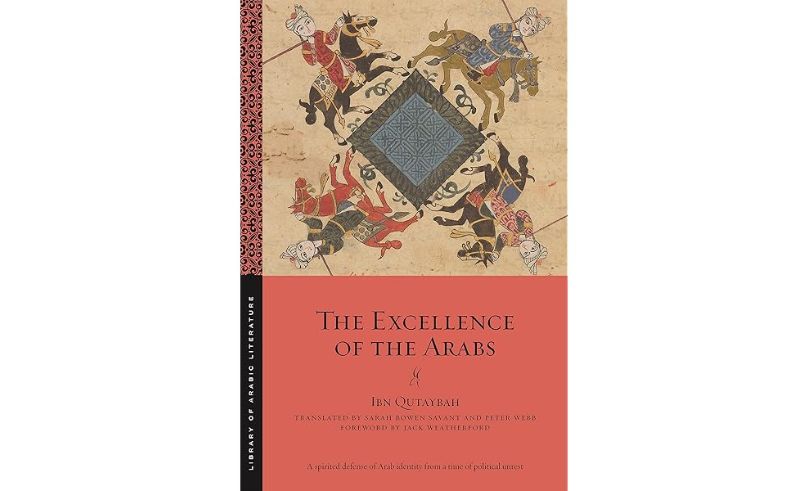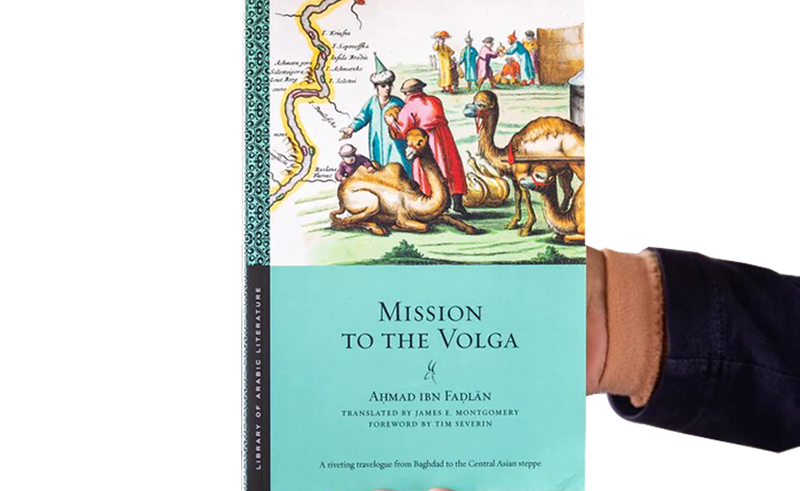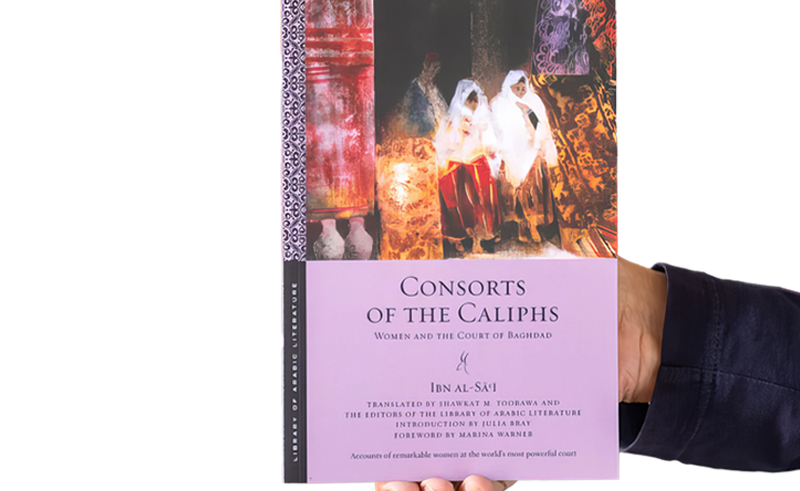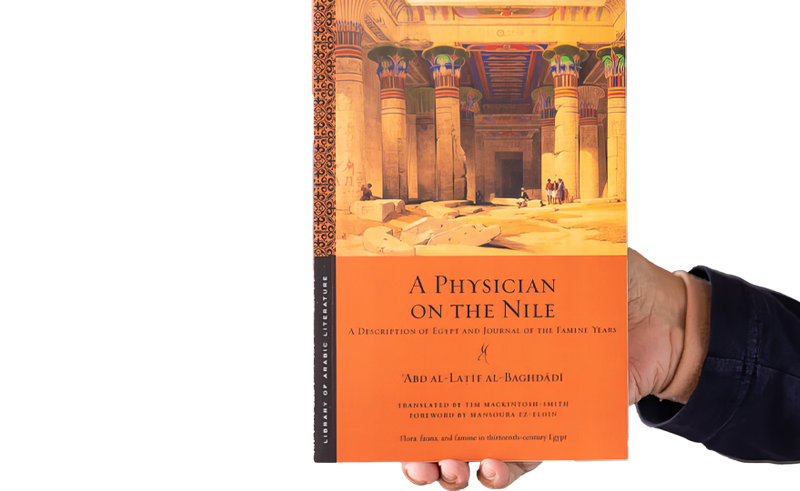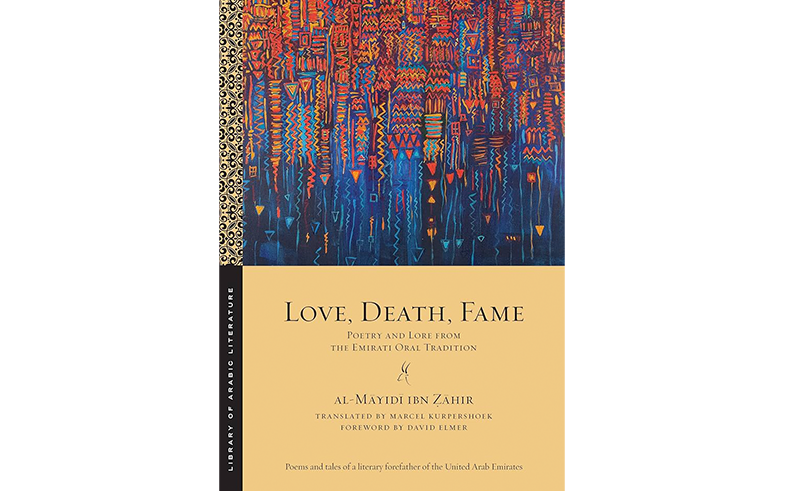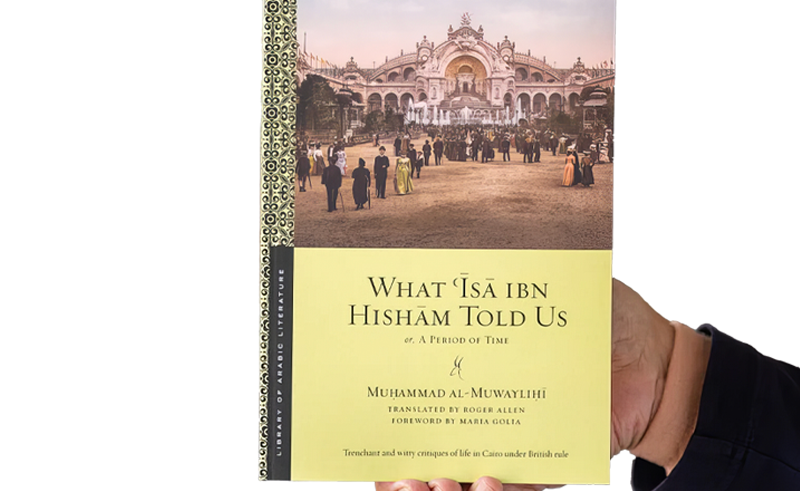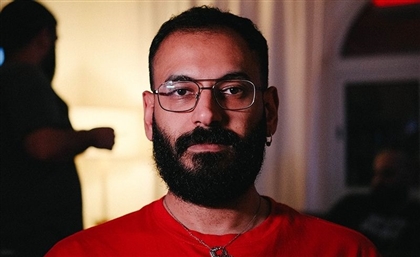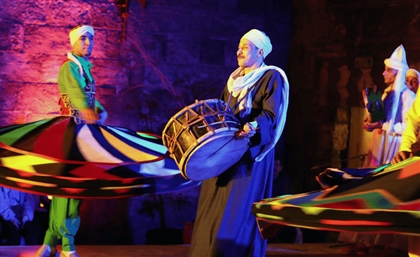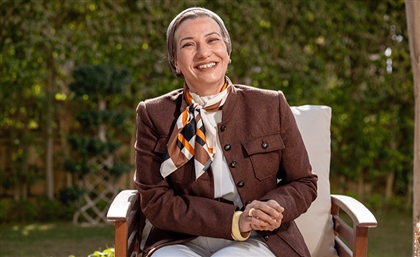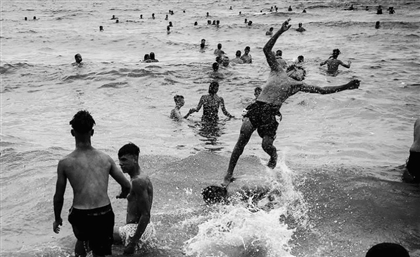By publishing fresh translations, The Library of Arabic Literature project at NYU Abu Dhabi is looking to revive these classics.
Originally Published October 21, 2024
The Arabic literary tradition, although arguably one of the world’s richest, is scandalously overlooked. For centuries, the language served as a lingua franca, with religious scholars, poets and philosophers from Andalusian Spain in the West to the royal courts of Central Asia in the East penning works across an eclectic range of genres and disciplines. Some of these, like the epics "1001 Arabian Nights" and "Khalila wa Dimnah," remain integral to popular culture. However, many others, outside of rarefied academic circles, have been lost to obscurity.
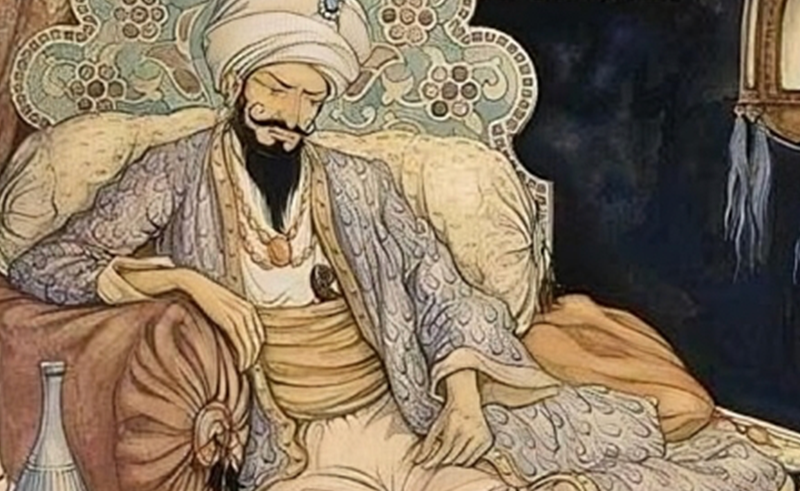
Much of this tradition is written in a classical 'high form' of Arabic, whose archaic grammatical constructions and linguistic subtlety, while undeniably beautiful, are often impenetrable even to native Arabic speakers. Looking to revive these works, the Library of Arabic Literature (LAL) project at NYU Abu Dhabi—under the stewardship of its head editor, Professor Philip Kennedy—has been sharing fresh translations of Arabic literary classics by scholars at leading global universities with a wider audience.
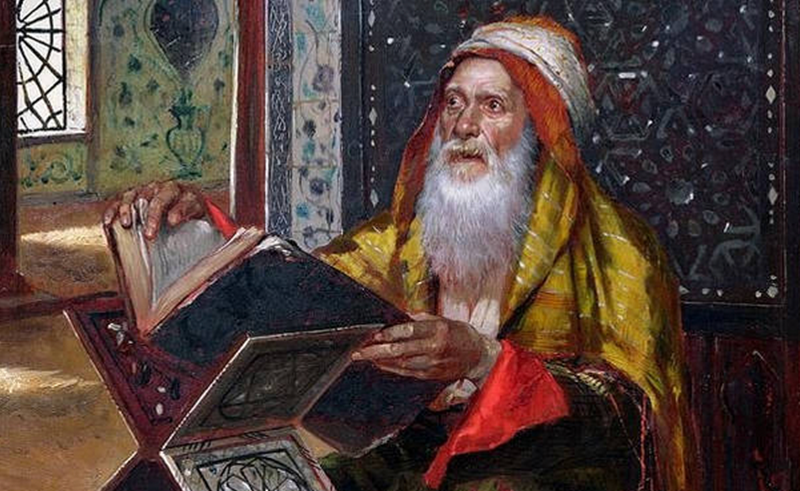
LAL’s corpus spans poetry and fiction, as well as writings on travel, science, history and Islamic mysticism, offering readers a mirror into a variety of milieus—from the harsh nomadic world of Arabia’s Pre-Islamic jahiliyyah and the golden age of Islam under the Abbasid caliphs, right up to the twilight of the classical tradition in the early 20th-century when writers began experimenting with novel literary forms in the face of encroaching European imperialism.
From 10th century descriptions of Viking ritual human sacrifice to a biting satire about Egypt under colonial British rule, these are the Library’s most beguiling works…
War Songs by Antarah ibn Shaddad
The years passed and the East Wind blew.
Even the ruins fell into Ruin –
Tired playthings of Time
and the thunder and rain.
Compiled and translated by Cambridge scholar James Montgomery, ‘War Songs’ is an anthology of the poetry of Antarah ibn Shaddad, the semi-legendary warrior son of an Ethiopian slave mother. Living in the highlands of Najd in present-day Saudi Arabia on the eve of the advent of Islam, he combines visceral descriptions of blood-curdling violence with tender odes to his doomed love affair with ‘Ablah, a free-born woman denied to him by her family.
The Excellence of the Arabs by Ibn Qutaybah
Written in the cosmopolitan milieu of 9th-century Baghdad, as Persians began to dominate the royal Abbasid court, ‘The Excellence of the Arabs’ is a spirited defence of Arab identity against those who belittle it for its Bedouin roots. In this work, renowned judge and scholar Ibn Qutaybah (d. 889), a native of Merv in present-day Turkmenistan, argues for Arab superiority by expounding on the fields in which pre-Islamic Arabs excelled, upholding poetry and the sophistication of the Arabic language as the ultimate proof of his argument.
Mission to the Volga by Ahmad ibn Fadlan
In the 10th century, the diplomat Ahmad ibn Fadlan set out from the cosmopolitan metropolis of Baghdad to the depths of the Russian steppe on a diplomatic mission—on which he was sent by Caliph al-Muqtadir—to reach the King of the Bulghars. His account of this gruelling journey through wind and snow provides a unique portrait of the brutal and alien world of the Viking Rus, including tales of ritualistic orgies and human sacrifice.
Consorts of the Caliphs by Ibn al-Sāʿī
Written during the twilight years of the once-glorious Abbasid caliphate, on the eve of its destruction by the Mongol armies, ‘Consorts of the Caliphs’ by Baghdad scholar Ibn al-Sāʿī (d. 1276) brings together anecdotes of 32 women from the empire’s heyday—from slave girls whose poetry and beauty bewitched caliphs to wealthy princesses who endowed law colleges and mosques.
A Physician on the Nile by Abd al-Latif al-Baghdadi
Written by Abd al-Latif al-Baghdadi, a 13th-century physician and scientist, ‘A Physician on the Nile’ begins as an everyday description of life in Egypt before descending into a harrowing firsthand account of famine and pestilence. The work is a pioneering contribution to Islamic Egyptology, featuring vivid descriptions of pharaonic monuments and advocating for archaeological conservation in the age of marauding tomb robbers, when street vendors used recycled mummy wrappings to label their goods.
Love, Death, Fame by al-Māyidī ibn Ẓāhir
The poetry of al-Māyidī ibn Ẓāhir is populated by scenes of clouds and rain, desert Bedouin migrations, seafaring, and pearl diving, providing a rare glimpse into life in 17th-century UAE.His work exemplifies the Nabati poetry tradition, blending the dialect of the Arabian Peninsula with archaic vocabulary tracing back to the Jahiliyya.
What ʿĪsā Ibn Hishām Told Us Muhammad al-Muwaylihi
Published in 1907, this two-volume comic proto-novel follows the adventures of ʿĪsā Ibn Hishām and his companion, a resurrected Mamluk Pasha, through a rapidly westernising Cairo under British rule, wittily capturing the uneasy balance of old and new, East and West. The second volume takes the two companions to Paris, where al-Muwaylihi satirises European society, modernity, and the corrosive influence of Western imperialism as it reverberates across the world.
